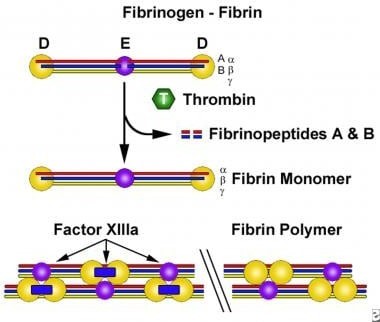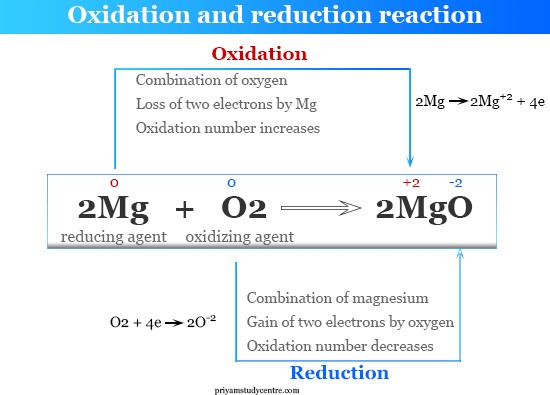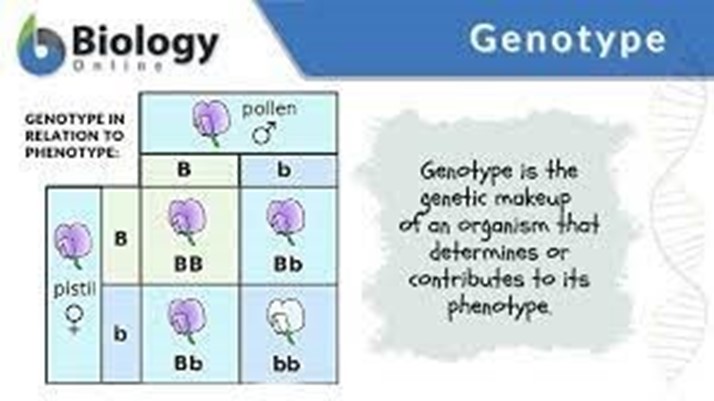Which of the following is a protein present in blood plasma?
Monocytes
Platelets
Fibrinogen
Lymphocytes
The Correct Answer is C
Fibrinogen. Fibrinogen is a protein present in blood plasma that plays a key role in blood clotting. When an injury occurs and bleeding begins, fibrinogen is converted into fibrin, which forms a mesh-like structure that helps to trap blood cells and form a clot.
A. Monocytes are a type of white blood cell, not a protein present in blood plasma.
B. Platelets are cell fragments that play a role in blood clotting, but they are not a protein present in blood plasma.
D. Lymphocytes are a type of white blood cell, not a protein present in blood plasma.

Nursing Test Bank
Naxlex Comprehensive Predictor Exams
Related Questions
Correct Answer is D
Explanation
An oxidation reaction occurs when there is a removal of electrons. Oxidation is the loss of electrons during a reaction by a molecule, atom, or ion. When oxidation occurs, the oxidation state of the chemical species increases.
The other options are not correct because they do not accurately describe what occurs in an oxidation reaction. Removal of oxygen, addition of carbon, and addition of neutrons are not processes that occur in an oxidation reaction.

Correct Answer is B
Explanation
The unknown genotype is Aa. This can be inferred from the Punnet square, which shows that half of the offspring are Aa and half are aa. This indicates that the unknown parent must have one dominant allele (A) and one recessive allele (a), making its genotype Aa.

The other options are not correct because they do not match the results shown in the Punnet square. If the unknown genotype was aa or AA, all of the offspring would have the same genotype as their parent. If the unknown genotype was a, it would not be a valid genotype as it only has one allele.
Whether you are a student looking to ace your exams or a practicing nurse seeking to enhance your expertise , our nursing education contents will empower you with the confidence and competence to make a difference in the lives of patients and become a respected leader in the healthcare field.
Visit Naxlex, invest in your future and unlock endless possibilities with our unparalleled nursing education contents today
Report Wrong Answer on the Current Question
Do you disagree with the answer? If yes, what is your expected answer? Explain.
Kindly be descriptive with the issue you are facing.
